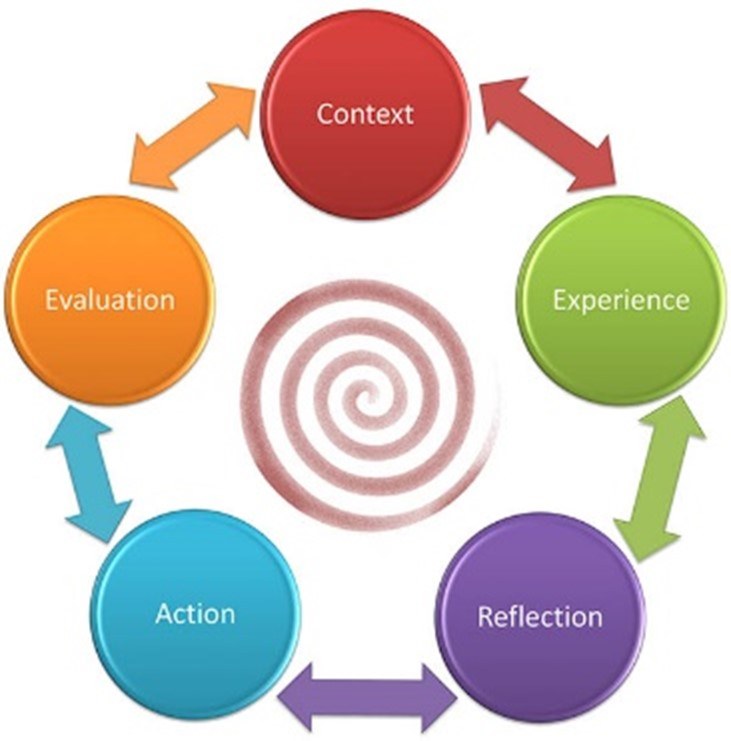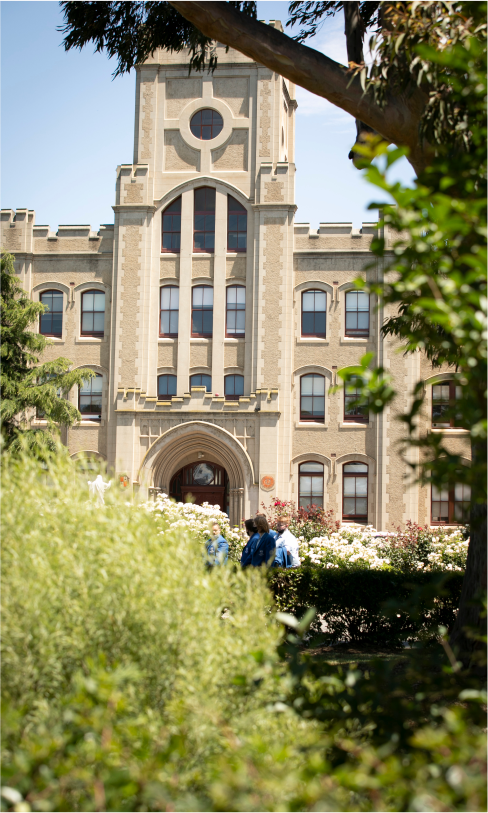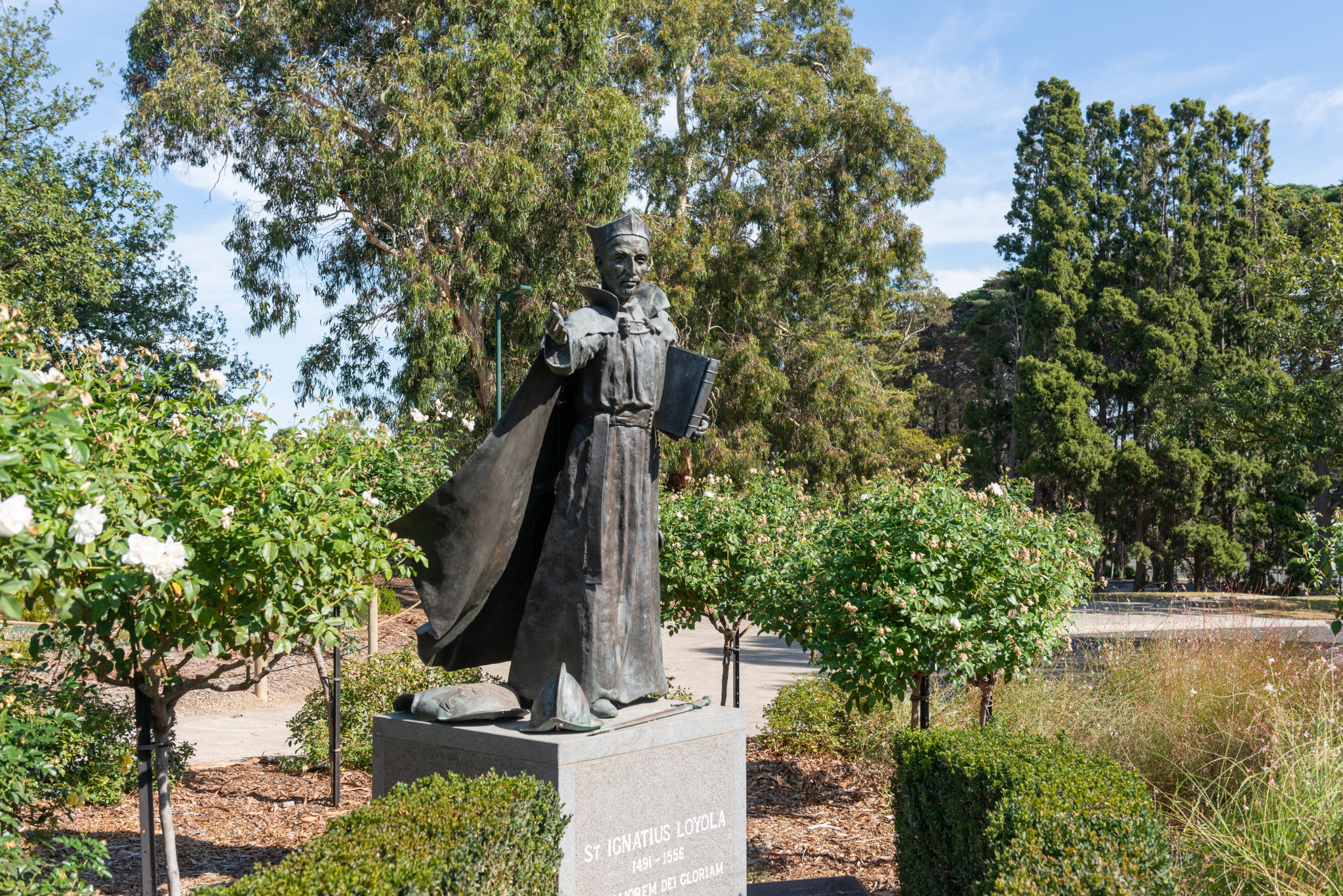The Ignatian Pedagogical Paradigm is based on the methods St. Ignatius used to guide individuals through the Spiritual Exercises. At Loyola College, we apply these principles, recognising that learning begins with personal care and concern for each individual, known as 'cura personalis,' a cornerstone of Ignatian education central to our academic programs.
Within this paradigm, our approach is to guide students on their personal journey, acting as companions in their intellectual, spiritual, and emotional development, and forming individuals of competence, conscience, and compassion.
This paradigm is based on five principles:
Context:
The context is the background of the framework behind the IPP. The College considers the context in which our students live to create a respectful and relevant learning environment. Recognising the diverse backgrounds of our students, we first ask how we can make them feel they belong and then explore what they can contribute to the College to enhance our community.
Experience:
Students reflect on how their life experiences have shaped who they are and how new experiences integrate with their past. Each student arrives with a unique journey and the rich tapestry of their personal history.
Reflection:
Is at the heart of the Ignatian model. Reflection is the tool that allows students to derive meaning from their experiences. We encourage them to ask how they can learn from their experiences and consider what they could do better next time.
Action:
Students learn to reflect and use discernment to reach the fourth principle, Action. In Ignatian education, learning leads to action. Ignatian pedagogy holds that learning transforms us and moves us to action, guided by the concept of magis, striving to serve others in the best way possible.
Evaluation:
Teachers reflect on the effectiveness of each lesson and evaluate students’ progress in terms of growth in learning and living. Students also evaluate their experiences and actions, reflecting and discerning their purpose. This continuous cycle of evaluation helps them grow and find meaning in their educational journey.






















